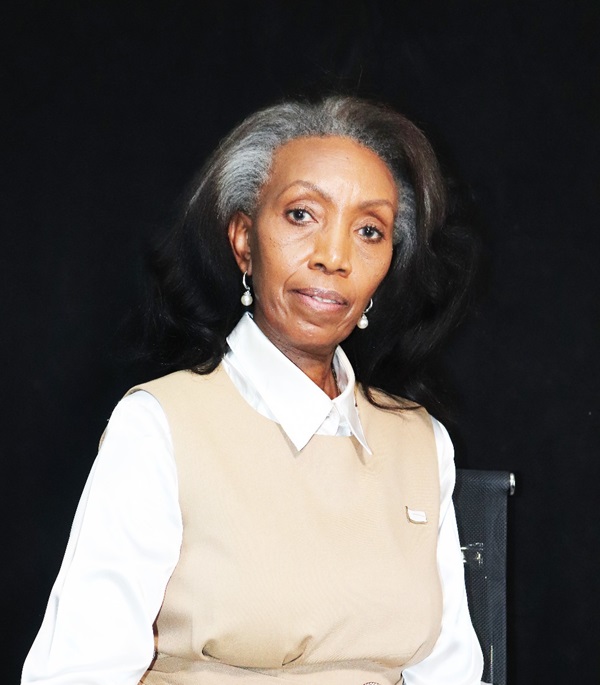
The executive director of the Southern African Science Service Centre for Climate Change and Adaptive Land Management (SASSCAL), Dr. Jane Olwoch has called on Africa to prioritize funding for science, research, innovation and human capacity development to foster a future of innovation, prosperity and social upliftment on the continent.
Speaking virtually at the 4th edition of the GMES and Africa Southern African Regional Workshop in Mombasa, Kenya, on Wednesday, Olwoch stressed the urgency of addressing the impact of climate change, which is depleting Africa’s natural resources.
“As we gather here today, our resources are diminishing at an alarming rate due to climate change and other natural or human-related activities. Most of these factors are particularly impacting our water resources,” said Olwoch.
“When our rivers and lakes shrink, they take oxygen with them, damaging biological diversity. Africa’s agricultural production has declined over the years, leading many nations to become importers of basic food such as grains and beans. This is not the Africa we know, yet it is becoming the new norm we experience, and we must urgently address it.”
Olwoch emphasised that the African Union, through initiatives like GMES and Africa, has provided platforms such as SASSCAL to contribute to transforming Africa into a hub of innovation and social development through Earth Observation technologies.
“The African Union, through GMES & Africa, has created a network of African scientists from across the continent, representing different disciplines, private sectors and diverse cultural orientations—Francophone and Anglophone,” she said. “This network is Africa’s best recipe for innovation and progress.”
The executive director further highlighted the need for Africa to change the negative narrative of being a poor continent by better managing its resources.
“The only solution within our reach is to manage our resources better. We need research that provides up-to-date information and young scientists and engineers to develop practical solutions for Africa. Only then can we change the narrative that Africa is a poor continent,” she added.
Olwoch also underscored the importance of collaboration in tackling complex environmental and socioeconomic challenges, particularly in light of the global paralysis caused by these issues. She called on African scientists to work together to develop solutions tailored to Africa’s unique challenges.
The 4th edition of the GMES and Africa Southern African Regional Workshop, hosted by SASSCAL and the Council for Scientific and Industrial Research (CSIR), is being held under the theme: “Enabling Sustainable Development and Inclusive Growth Using Earth Observation Technologies Towards Agenda 2063.”
The workshop brings together regional partners, stakeholders from Southern Africa and international delegates from Europe and Africa, including Dr. Bachir Saley from the African Union. Participants included policymakers from member countries of the Southern African Development Community (SADC), public and private sector stakeholders, technical implementers, basin commissions, researchers and others involved in activities related to coastal areas, rivers, wetlands and their ecosystems.
During the workshop’s first session, SASSCAL presented the second phase of its WeMAST project, outlining the workshop objectives and introductory remarks. The organisation will also showcase new products and services developed after enhancing the geoportal produced in phase I of the project.
SASSCAL’s WeMAST project focuses on wetlands in four transboundary river basins in Southern Africa, including the Cuvelai, Okavango, Limpopo and Zambezi River Basins. The project’s technical partners include the University of Botswana, Midlands State University in Zimbabwe, the Remote Sensing Centre of Zambia, the University of Zambia, the University of the Western Cape, SADC-WaterNet and the University of Namibia.

